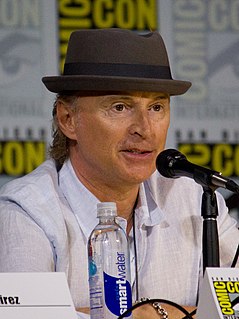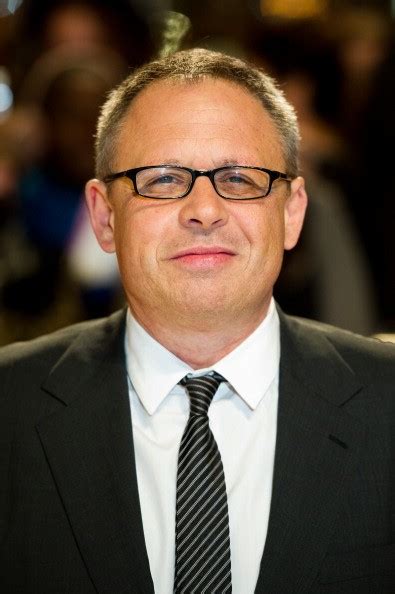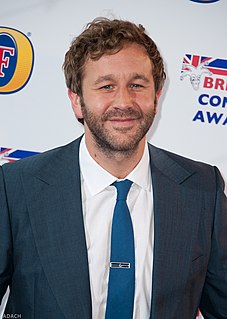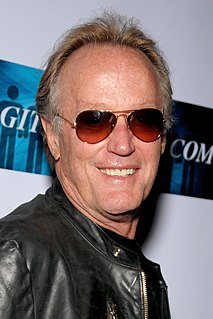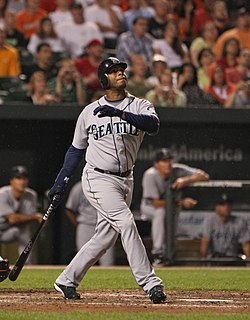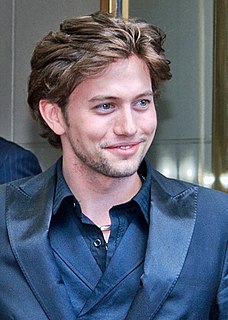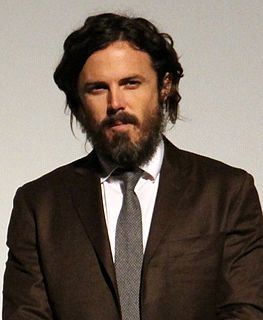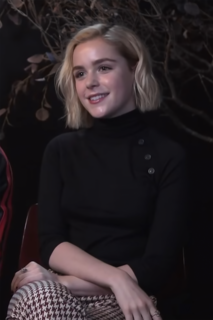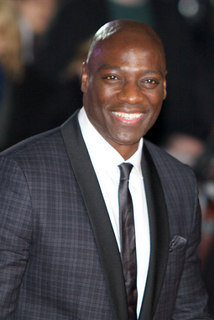A Quote by Russell Crowe
You don't have to like an actor to do a scene with him. You don't have to like a director. But it's just better if you do. And I think, you know, you've got to begin that with respect.
Related Quotes
I think one of the things you have to be aware of as an actor is that if you come on the set and see the director standing there mouthing all the words while a scene is going on, that's usually a very bad sign because it means the director has already shot the scene in his head. He knows exactly the rhythm and the nuances that he wants delivered in the line and you're not going to dissuade him.
As an actor, it's always important to understand what the director is after. That, to me, is my job. When I'm acting, I like to ask a lot of questions and understand exactly why the director is doing what they're doing, so that I can provide him or her with the ingredients that they need to get the scene that they want. It's not to challenge them, in any way. It's just so that I can do my job best.
But you really - I always think that a director has got to adapt to whatever the needs of the actor are. You know, so if you take someone like Eddie Murphy, who is not a big fan of rehearsal. You know he comes out of stand-up. He comes - it's all about capturing the moment - in the moment, you know.
I don’t know if I’d do an action movie because I don’t know if I could keep a straight face honestly, I just think it’s so silly. Like I love watching them but I can’t imagine me doing one. Actually, you know what I’ve done, just for fun because I didn’t think there was any way that I could be in a superhero movie, so I’ve done a scene in the new “Thor” movie, just for that. I just do like one scene, which was quite fun.
I don't follow anything that's said about him much, but the Uwe Boll that I know is just a really cool guy. He's just a really quiet, kind and passionate filmmaker who really believes in what he's doing. Like any director that an actor wants to work with, you want a director who's passionate and believes in the work that he's doing.
When an actor plays a scene exactly the way a director orders, it isn't acting. It's following instructions. Anyone with the physical qualifications can do that. So the director's task is just that – to direct, to point the way. Then the actor takes over. And he must be allowed the space, the freedom to express himself in the role. Without that space, an actor is no more than an unthinking robot with a chest-full of push-buttons.
I just really like the characte [Jasper Hale], and I love the story [Twiglight], I think it's a very strong character and I respect him. It's interesting; I respect the character that I play. I don't understand it, but I do. That's a good thing. I think so, I think so. I never felt like that before with a character.
Occasionally, as an actor, you're not... Sometimes, at least for me, I'm not fully in the groove until the second or third take, in which I would not want to just stop. If it's a scene that takes a lot of work and time, sometimes the scene gets better with time, and sometimes it gets exhausted. I think it just depends on the scene.
I remember in the Carpenter version, you got acquainted with the characters and really knew them. It was a real character piece. Each actor was serviced in the movie, and we tried to do that in this movie as well. I like the fact that there was a European, first-time director. I'd known of him because I'm from Europe. I knew him as a commercial director and thought one of his commercials was great. I thought it was an interesting take on such a big-budget cult classic.



